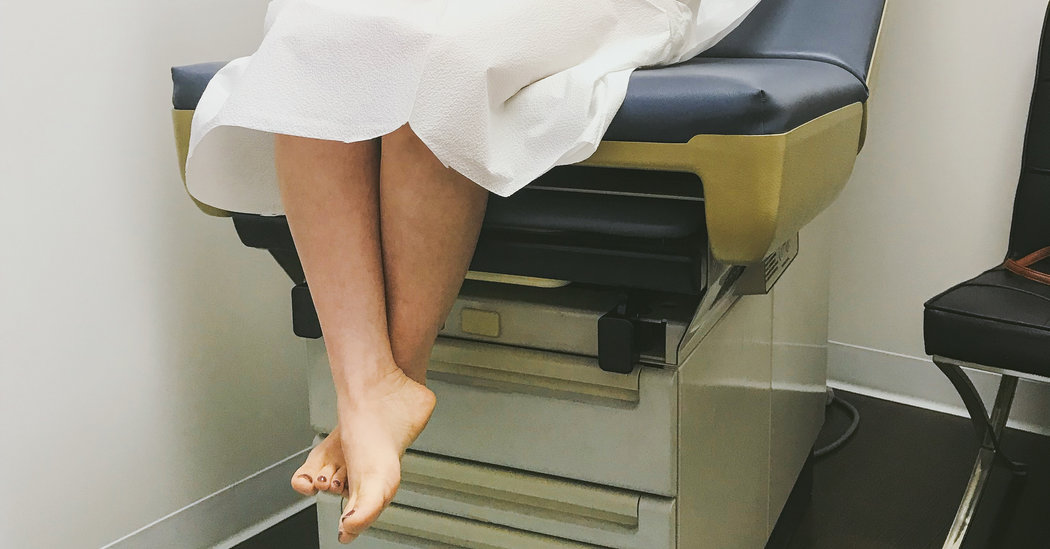
At what age do you recommend girls start seeing an OB/GYN if they are not sexually active and have no plans to be in the near future? My daughter has a great relationship with her pediatrician, if that makes a difference.
— M.M., Northeast
Short take
Cervical cancer screening starts at age 21, whether the young adult is sexually active or not. Annual chlamydia screening should begin as a teenager or young adult becomes sexually active.
Tell me more
A screening visit concerning reproductive preventive health care is recommended between the ages of 13 and 15. Many pediatricians and family physicians are comfortable with this, so whom a teenager should see will vary depending on the circumstances. This visit is an opportunity to discuss any period concerns, such as bleeding patterns and pain, and safe sex. Vaccination for HPV can start at age 9, but most pediatricians and family physicians offer this vaccine. If the HPV vaccination is given between the ages of 9 and 14, only two doses are required versus three if the series is started after the 15th birthday.
Regardless of whether your teenager has or hasn’t been sexually active, cervical cancer screening starts at the age of 21. It is a good idea to start seeing a woman’s health provider before that so a young woman can be comfortable with the person who will be doing what is likely her first pelvic exam.
When to go
A woman’s first gynecologist visit should happen at the age of 21 for cervical cancer screening, however, any woman or teenager who is younger than 21 and is sexually active should be seeing a provider who is comfortable with gynecologic care for annual chlamydia screening. Annual chlamydia screening is recommended for sexually active women age 24 and younger. Screening for other sexually transmitted infections may also be needed. Urine screening is very effective, so taking a pelvic exam out of the equation often makes this screening easier for many women regardless of age.
Other reasons to see an OB/GYN before the age of 21 include irregular periods, heavy periods (soaking onto clothes is a good proxy for being heavy), or period pain that is interfering with daily activities despite the use of over the counter pain medications, such as acetaminophen or ibuprofen.
[Have a question about women’s health? Ask Dr. Gunter yourself.]
How to prepare your daughter for her first visit
For a young woman who has never had a pelvic exam, I recommend a “get to know you” visit with an OB/GYN before her visit for cervical cancer screening. This is a good time to develop a rapport without the worry of an exam looming in the background. A good doctor should be able to show your daughter the tools he or she uses during the exam, talk to her about the importance of cervical cancer screening and screening for S.T.I.s, and ease any concerns she has about the exam.
If a teenager or woman has been using tampons or a menstrual cup, then she may have a greater degree of comfort with the exam, but everyone is different. As an expert in pain with sex, I hear from many women who were traumatized as young women by painful exams. A pelvic exam shouldn’t be painful; there may be pressure or it may feel “weird,” especially to a young woman who has never used a tampon or menstrual cup, but it should not hurt. Tell your daughter that if a pelvic exam is painful, she should let the doctor know and ask them to stop.
Something to think about: As a parent, it is important to think ahead health-wise about your daughter’s transition from adolescence to adulthood. Keep in mind that while they may tell you otherwise, some teenagers are already sexually active or are planning to be sexually active. That is one reason to offer to let your teenager speak to her doctor without you present for part of the visit. This way she can speak freely.
Dr. Jen Gunter, Twitter’s resident gynecologist and author of The Vagina Bible, is teaming up with our editors to answer your questions about all things women’s health. From what’s normal for your anatomy, to healthy sex, to clearing up the truth behind strange wellness claims, Dr. Gunter, who also writes a column called, The Cycle, promises to handle your questions with respect, forthrightness and honesty.







